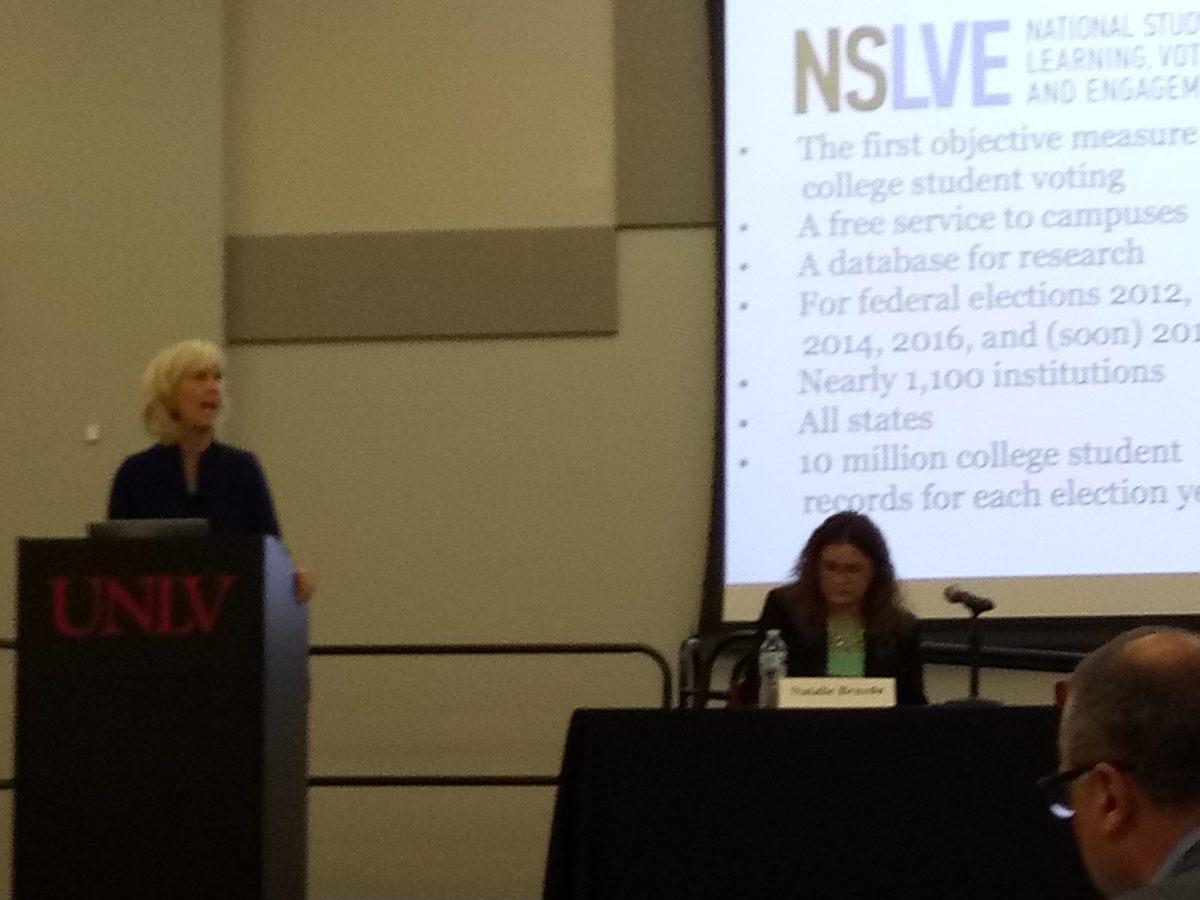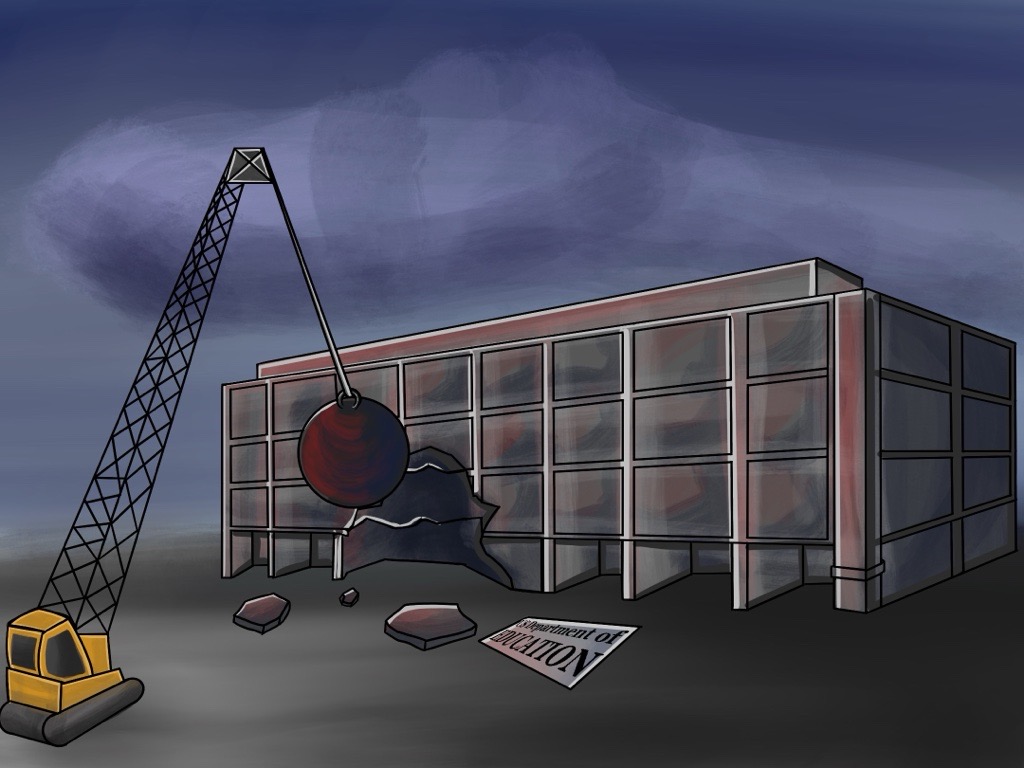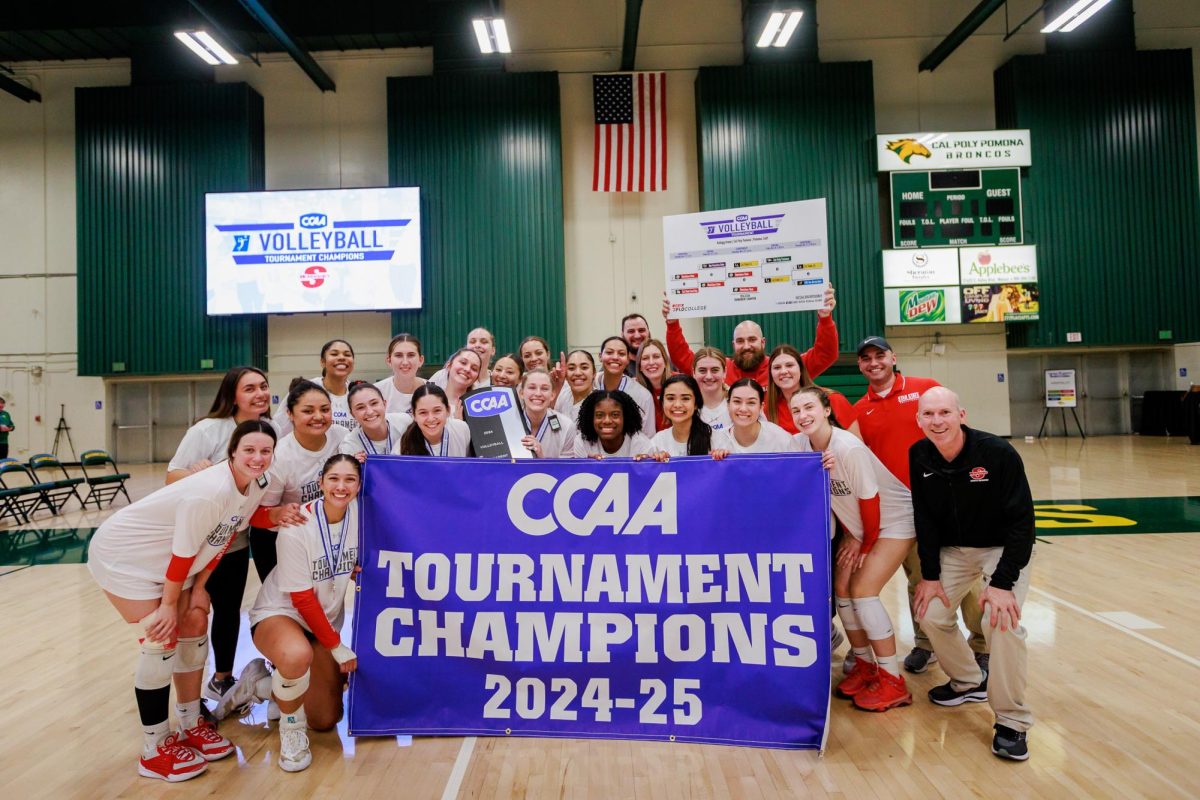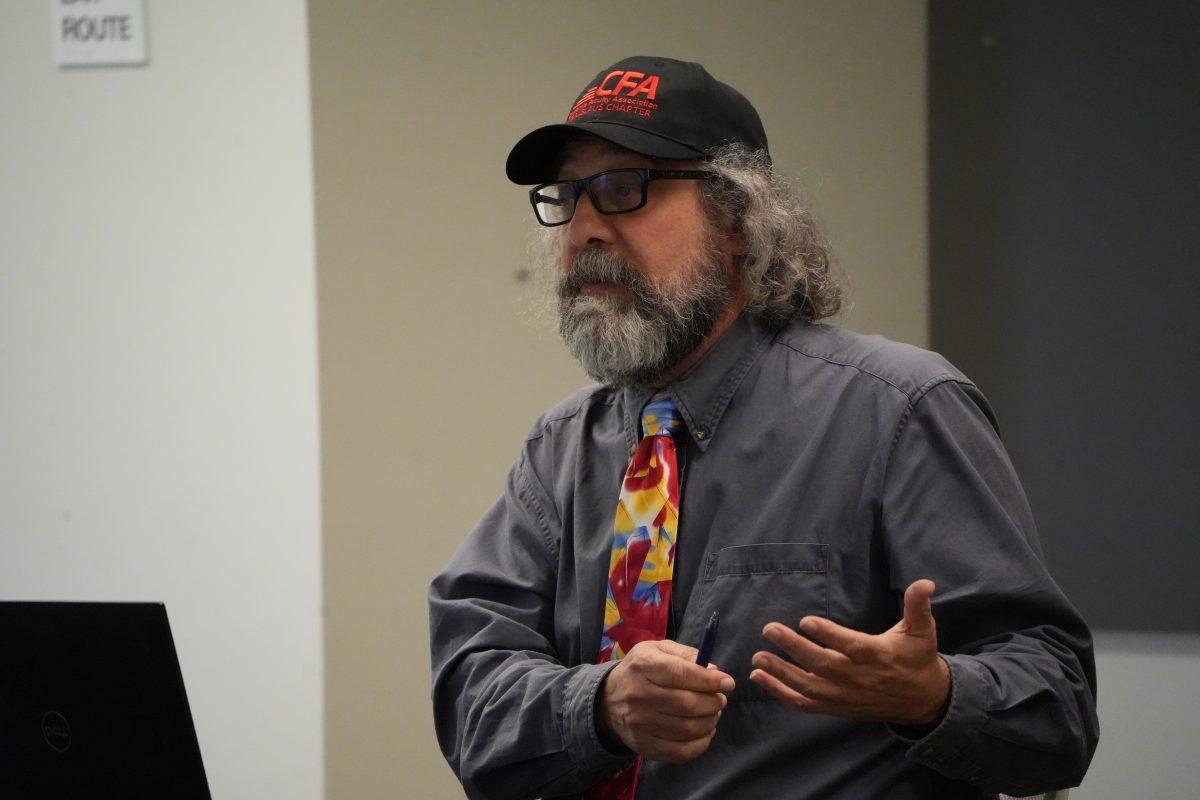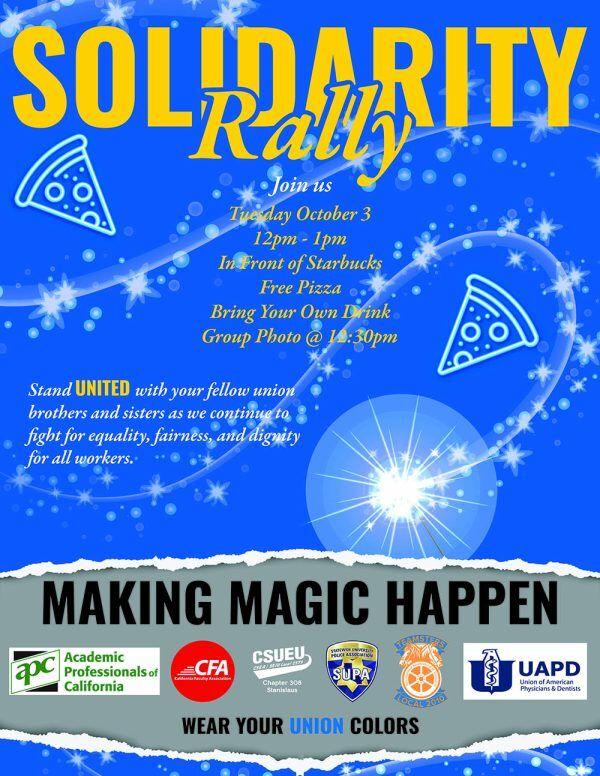The Education Writers Association (EWA) held a conference at the University of Nevada Las Vegas (UNLV) from September 24-25. The theme of this conference was Navigating Rapid Change in Higher Education. This event brought journalists around the nation and experts in various areas of higher education.
There were many topics covered at the EWA conference. This conference covered topics that anyone could relate to and bring back to their newsrooms.
One of the topics covered at EWA was reinventing liberal arts. The enrollment rates in humanities have plummeted due to more enrollment into science and technology degree programs. The problem is not that students are not interested in the humanities. Humanities degrees are often not viewed as useful as a degree in a science related field. According to learn.org, the average salary for people with a bachelor’s degree in humanities in the United States ranges between $50,000 to $120,000. The panelists discussed ways to make humanities degrees more attractive and useful.
Michael Sorrell (Paul Quinn College) said that a way to reinvent humanities degrees is through encouraging the use of technology along with writing, speaking, and critical thinking.
Higher education and the Midterm Elections was another topic discussed at the EWA conference. In 2014, fewer than one in five college students voted. With an upcoming election, more students are being encouraged to vote.
Nancy Thomas (Tufts University) views elections as part of a college learning experience. “It matters who votes. Students don’t think that voting matters”, Thomas said.
Karl Catarata (UNLV) is a student who stresses the importance of voting to his fellow students. Catarata has been a leader in helping students get registered to vote not only at UNLV but also University of Nevada Reno (UNR) and local community colleges.
On the first day of the conference, the journalists were able to participate in rounds where they could learn from various experts, sources, and advisors. Stan State’s very own Dr. Shannon Stevens (Professor Communication Studies and Signal Advisor) served on the Parachutes And Plan Bs panel. The point of this panel was to get advice from former journalists who have worked in newsrooms and built careers in education-related fields.
Another subject discussed during the rounds was Adult Learners. An adult learner is a student over the age of 22 pursuing an undergraduate degree and can include working parents, veterans, and returning students.
The women at this panel shared their stories as adult learners. Some of the issues they discussed were being veterans, having children, homelessness, and being an adult learner while being a first-generation college student.
Tanisha Saunders discussed how having been in foster care, being homeless, a first-generation college student and an adult learner affected her college experience. She said that there were not enough resources available at her school to help her. She also said that she often felt that people expected her to already know about certain resources. When she did pursue help, she would often be denied.
Tiffany James also participated in this panel. She discussed how people treat veterans in college unfairly. In addition to having been a veteran and being an adult learner, she also had to deal with homelessness.
All of the women who participated in this panel stressed the importance of changing the rhetoric surrounding adult learners. “This is not a broke college student issue”, Saunders said.
The EWA conference as a whole was an informative experience that touched on various topics in higher education. As a journalist, I took this information and am able to apply all of it to the experiences of students at Stan State.

